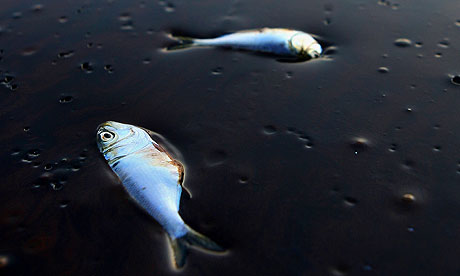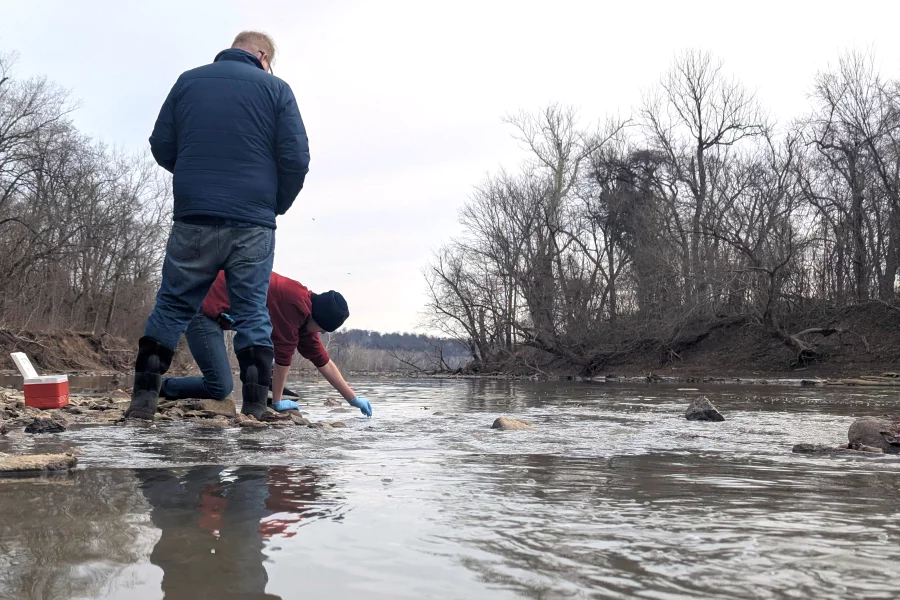 Scientists are confronting growing evidence that BP's ruptured well in the Gulf of Mexico is creating oxygen-depleted "dead zones" where fish and other marine life cannot survive.
Scientists are confronting growing evidence that BP's ruptured well in the Gulf of Mexico is creating oxygen-depleted "dead zones" where fish and other marine life cannot survive.
In two separate research voyages, independent scientists have detected what were described as "astonishingly high" levels of methane, or natural gas, bubbling from the well site, setting off a chain of reactions that suck the oxygen out of the water. In some cases, methane concentrations are 100,000 times normal levels.
Other scientists as well as sport fishermen are reporting unusual movements of fish, shrimp, crab and other marine life, including increased shark sightings closer to the Alabama coast.
Larry Crowder, a marine biologist at Duke University, said there were already signs that fish were being driven from their habitat.
"The animals are already voting with their fins to get away from where the oil spill is and where potentially there is oxygen depletion," he said. "When you begin to see animals changing their distribution that is telling you about the quality of water further offshore. Basically, the fish are moving closer to shore to try to get to better water."
Such sightings – and an accumulation of data from the site of the ruptured well and from the ocean depths miles away – have deepened concerns that the enormity of the environmental disaster in the Gulf has yet to be fully understood. It could also jeopardise the Gulf's billion-dollar fishing and shrimping industry.
More...





 In January, part of a decades-old sewer line in Maryland collapsed by the Potomac River. Over...
In January, part of a decades-old sewer line in Maryland collapsed by the Potomac River. Over...






























